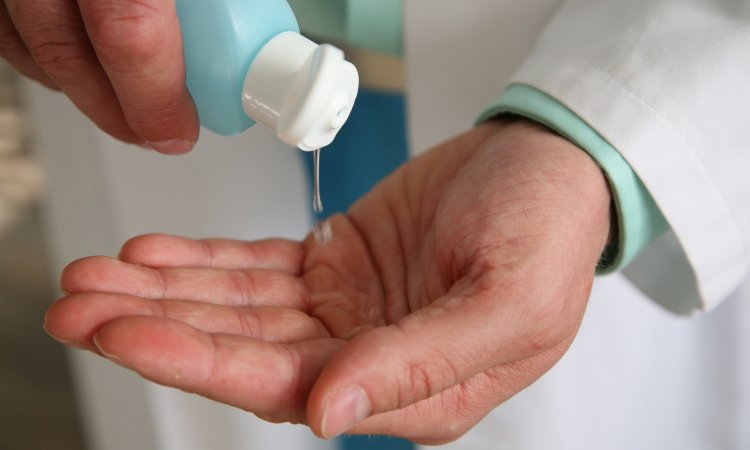Nosocomial infections reach the court rooms
According to recent survey by the Leapfrog Group 87% of hospitals fail to adhere infection prevention measures on a consistent basis. In the Wall Street Journal, Betsy McCaughey, chair of the Committee to Reduce Infection Death, warns against the next wave of lawsuits.

Hospital-acquired infections "caused by all kinds of bacteria sicken millions" of patients and will "cause the next wave of class-action lawsuits, bigger than the litigation over asbestos," according to McCaughey. She writes that "numerous lawsuits have been filed against hospitals in Florida, Kentucky and elsewhere by infected patients." According to McCaughey, although the hospitals "being sued are saying that their infection rates are within national norms," for most infections, the "only acceptable rate is zero."
She demanded that, "insurance companies that sell liability coverage to hospitals could change that by offering lower premiums to hospitals that rigorously follow infection-prevention protocols."
She writes, "To be sure, lawsuits are not the best way to improve patient care," adding, "many verdicts are unjustified, and few truly injured patients find a lawyer to take their case." However, the "coming wave of lawsuits, as well as financial incentives from Medicare and insurers, will fight complacency about hospital hygiene," McCaughey concludes (McCaughey, Wall Street Journal, 8/14).
18.08.2008





